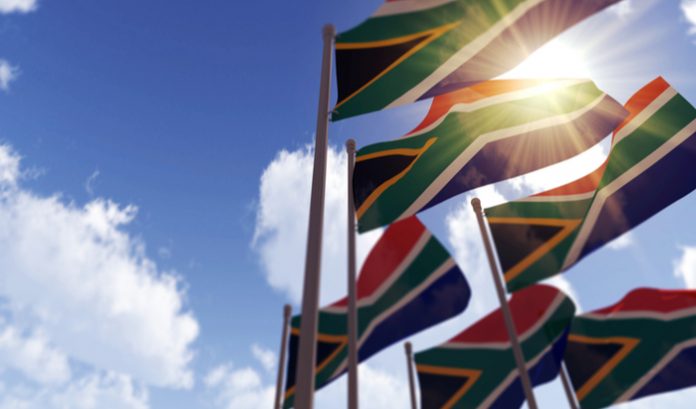A South African Special Intelligence Unit has questioned the ANC Ward councillor Solly Madau as part of an investigation into a multi-million rand lottery grant paid to a non-profit organisation for destitute children.
As per a report in Ground Up, Tshimbupfe Drop-in Centre received R10m in funding from the National Lottery Commission (NLC) for its operations aiding children in Limpopo, however, board members did not know anything about the backing.
This instigated an SIU investigation into the suspicious grant, in which the unit interviewed several members of the Drop-in-Centre.
Mudau, a ward councillor at the Collins Chabane municipality, is chairman of the centre’s board and a cousin of an NLC board member, Dr Muthuhadini Madzivhandila. Madzivhandila is on a shortlist of three people to become chairman of the NLC’s board.
He was initially questioned over the payments to Tshimbupfe, responding that the company was merely used as a facilitator for a borehole drilling and water provision project in the nearby Hanani village.
However, it later emerged that there were no plans for a borehole drilling project or a change in the water supply in the area.
Additionally, reports state that even though the grant was to the Tshimbupfe Drop-In Centre, according to NLC annual reports, the money never appeared in the company’s original bank account.
As a result of this, the SIU is launching a full investigation into fraud and corruption at the NLC and that Mudau is one of many individuals they wish to speak to.
The NLC did not respond directly to the investigation when asked by Ground Up, however, spokesperson Ndivhuho Mafela issued a short statement on the matter.
Mafela stated: “It is only fair that we allow the investigations to take their own course and be concluded instead of running parallel commentary.”



























